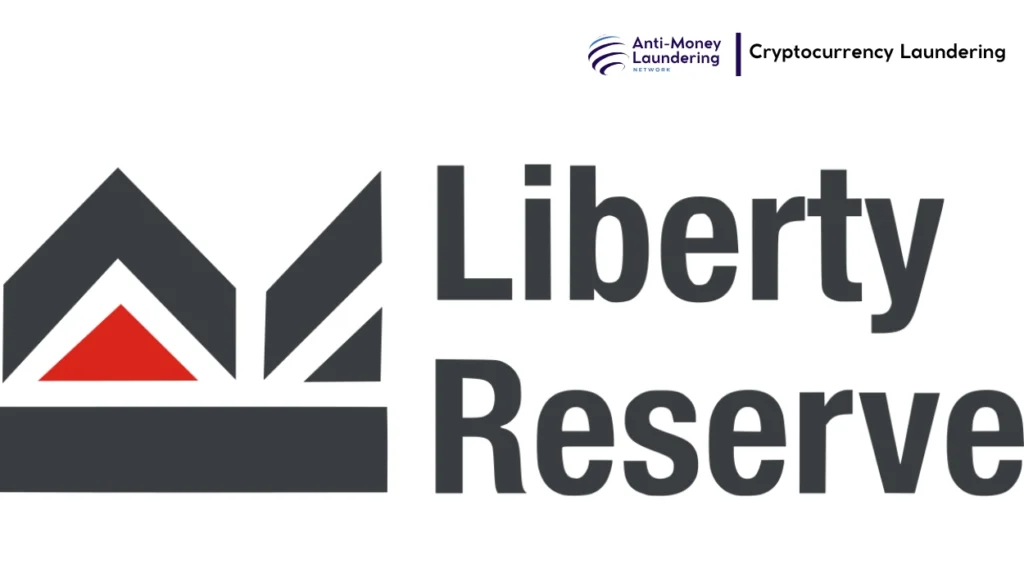Liberty Reserve stands as one of the most notorious money laundering platforms in the history of virtual currencies, infamous for its centralized digital currency system based in Costa Rica that facilitated billions of dollars of illicit transactions. Operating under minimal regulatory oversight, it became a preferred channel for criminals worldwide, offering near-complete anonymity and bypassing essential anti-money laundering controls. The platform’s design deliberately enabled illegal activities such as drug trafficking, cyber fraud, identity theft, and child exploitation by shielding users from identity verification. Its operations exposed significant vulnerabilities in Costa Rica’s regulatory framework for digital financial services and highlighted the global challenges posed by unregulated virtual currencies. The ultimate takedown and prosecution of Liberty Reserve in 2013 marked a critical turning point in the international fight against digital money laundering, serving as a cautionary tale about the intersection of technology, crime, and regulation. This case underscores the urgent need for robust enforcement and transparent oversight in the rapidly evolving landscape of digital currencies.
Liberty Reserve was a Costa Rica-based digital currency platform that operated from 2006 until its shutdown in 2013. It functioned as an anonymous financial hub for illicit activities worldwide, facilitating the laundering of at least $6 billion through over 55 million mostly illegal transactions. The lack of proper anti-money laundering controls and the ability to create accounts anonymously enabled criminals to transfer and conceal illicit funds easily. Costa Rican authorities had raised concerns over the company’s transparency and refused it a license, but due to limited regulatory oversight and the company’s evasive tactics, Liberty Reserve continued operations by routing through allied Costa Rican businesses. The global coordinated law enforcement effort, led by the US, resulted in arrests, indictments, asset seizures, and the service’s closure. The Liberty Reserve case is a pivotal example of the risks posed by unregulated virtual currencies and exposed weaknesses in Costa Rica’s oversight mechanisms at the time.

